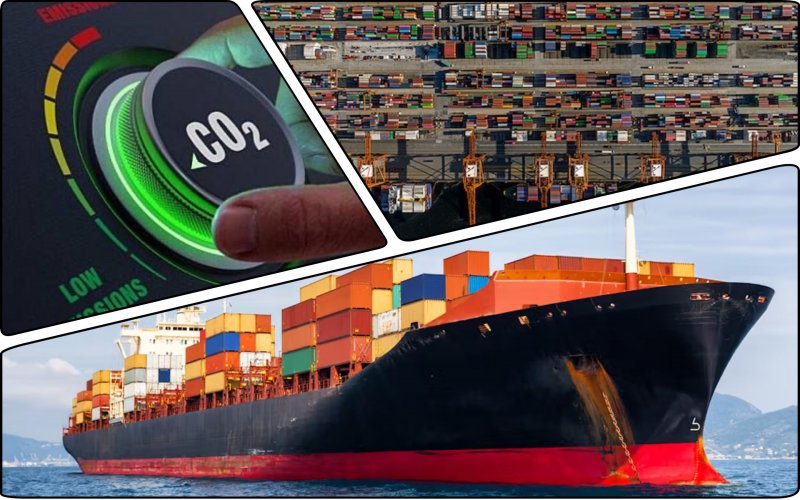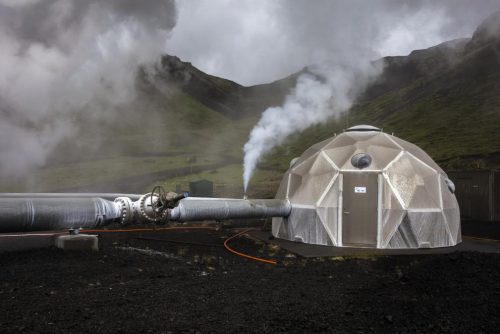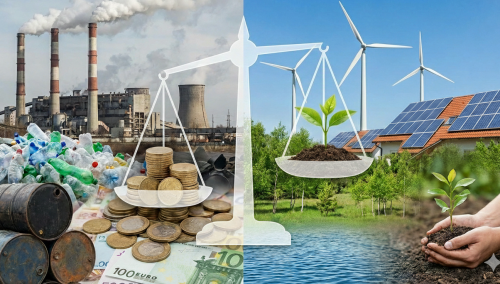Global port management company International Container Terminal Services (ICTSI) has launched a climate change initiative to develop a comprehensive decarbonization roadmap for all ICTSI ports.
Emission targets Scope 1 and 2 will be developed before the end of 2023, reports Hellenic Shipping News Worldwide.
As is known, Scope 1 covers direct company emissions, scope 2- indirect emissions from electricity generation, and Scope 3 – other indirect emissions, over which the company has no direct influence and which are related to the purchased goods and services.
The material stated that ICTSI also plans to reduce emissions Scope 3. To do this, by 2025 the company will conduct an accounting of emissions in value chain and update previous targets.
“With the launch of our climate change initiative, we are demonstrating our commitment to a sustainable future. By decarbonizing our operations and addressing climate change, ICTSI aims to make a significant contribution to global efforts towards a greener and more sustainable world,” said ICTSI Executive Vice President . Christian Gonzalez.
To develop the decarbonization strategy, ICTSI appointed an in-house team and engaged international consulting companies. This will allow:
- establish a baseline for greenhouse gas emissions;
- develop plans to reduce emissions;
- set goals and create a framework for performance monitoring.
The material emphasized that ICTSI supports the principles of environmentally responsible and sustainable management. The company is actively implementing measures aimed at:
- improving energy and resource efficiency;
- emission reduction.
The material added that the company's three terminals in Ecuador, Mexico and Brazil were certified as carbon neutral.
Earlier, EcoPolitic wrote, that in March 2023, the EU countries reached a preliminary agreement to reduce greenhouse gas emissions in the field of maritime transport.
As EcoPolitic previously reported, Jordan's Aqaba Container Terminal (ACT) has announced the launch of its comprehensive decarbonization strategy to help achieve zero emissions by 2040.





